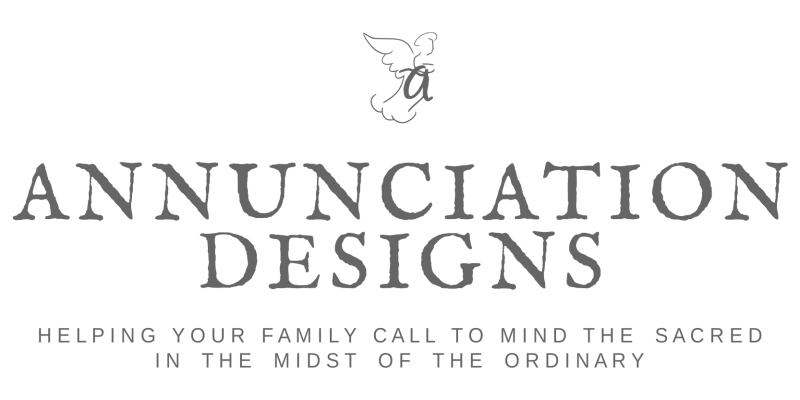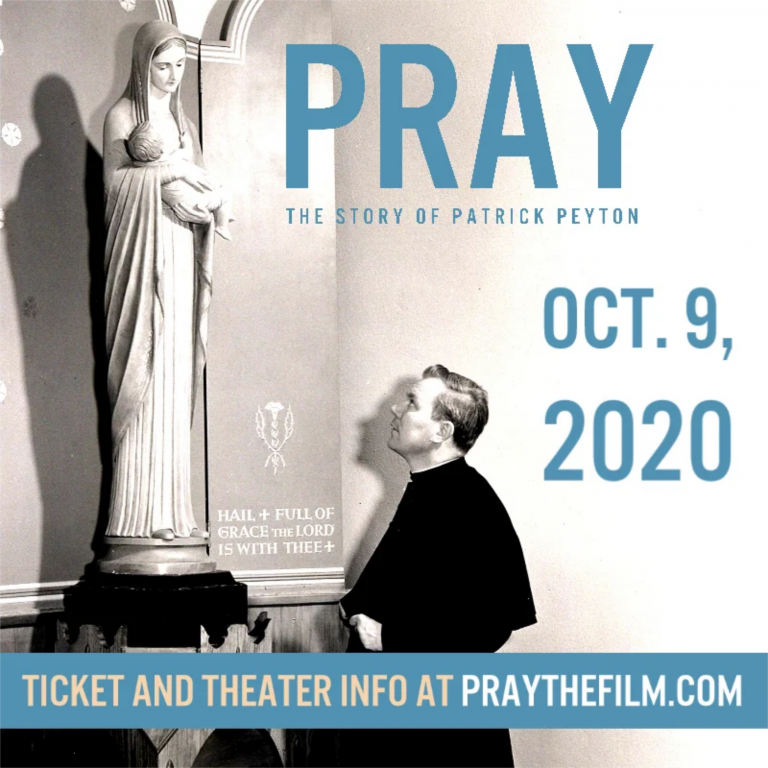The difference between St. Catherine of Siena and Martin Luther
I wrote this before the death of Our Holy Father, Pope Francis. I decided to publish it today, as St. Catherine of Siena’s feast day approaches next week, and as the faithful await a new pontiff.
Is it wrong to speak out on abuses in the Church? The answer is…it depends.
To explain, let’s look at the stories of St. Catherine of Siena and Martin Luther. One a canonized saint and Doctor of the Church … and one a heretic.
What could they have in common?
In fact, both attacked corruption in the church. Both called out sin and cowardice where they saw it. The difference was humility and obedience.
Where Martin Luther kept to and expanded his critiques of the Church, rejecting the authority of the Magisterium, St. Catherine humbly submitted. Even when she was brought to trial, even when she was ignored, she fought quietly and she submitted to the authority of her confessor, bishop, and Pope.
What can we learn? I believe that there are people who attend the TLM who are there for the right reasons, who are looking for reverence and the truth. I also know that vocal leaders in the movement, followed and quoted by a great number of people I know who consistently attend TLM, espouse rebellion. They question (current and) former popes, claiming serious weakness in canonized saints. They question official church teaching. This is not what Catholics believe about the magisterium of the Church.
A movement based upon rebellion cannot be healthy or the future of Christ’s Church. Speaking up about true abuses in the Church is important – but humility and obedience are equally important. As is often the case, one’s intention makes the difference between heretic and saint.
I found so much peace in this quote from the book, The Pope, the Council, and the Mass.” Come, Holy Spirit.
If the Church decides through her competent authorities to officially institute that which we might otherwise be tempted to question, we nevertheless can be entirely at peace in our consciences because we know that the Holy Spirit would not allow the duly constituted authorities of the Church, in officially promulgated acts guaranteed by the Holy See, to lead us astray on anything that might jeopardize our eternal salvation.
pg 99, The Pope, the Council, and the Mass by James Likoudis and Kenneth D. Whitehead







